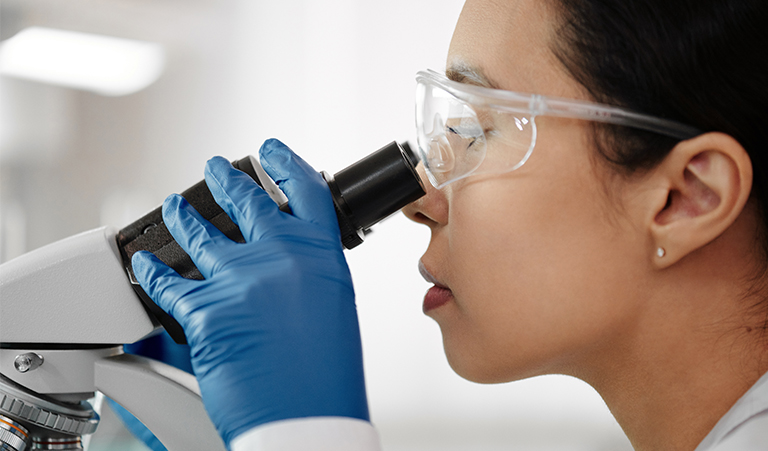Given the current economic status of the Philippines, it’s of little surprise that some degree of catching up is required in order to be on par with the global biotech powerhouses of Europe and the United States; however, this certainly does not mean that the nation isn’t trying. This week is officially recognized as National Biotechnology Week – the 11th such occasion of its kind – and this year’s theme is “Bioteknolohiya: Kaagapay ng Mamamayan sa Pambansang Kaunlaran” (Biotechnology: Standing Side by Side for National Development) with the tagline “Angat Tayo sa Bioteknolohiya” (Raising Biotechnology Together).
Headed by the Department of Science and Technology (DOST), and with backing from such departments as the Department of Health (DOH), the Department of Agriculture (DA), the Department of Environment and Natural Resources (DENR), the Department of Interior and Local Government (DILG), the Department of Trade and Industry (DTI), the Department of Education (DepEd), the Commission on Higher Education (CHED), and the Biotechnology Coalition of the Philippines, it’s plain to see that the issue is one of considerable significance.
Held at SM City in Dasmariñas, Cavite, patrons can expect demonstrations on just how effectively the biotech industry is being utilized to boost the agricultural and food security industries, as well as industry, economic, and business enterprise development, and environmental sustainability, to name but a few areas of interest.
“Every year as we celebrate the National Biotechnology Week, I see new ideas and innovative products and processes from the PCHRD (the Philippine Council for Health Research and Development) and FNRI (the Food Nutrition Research Industry) that have great impact on improving the lives of Mang Juan and Aling Maria,” says Science Secretary Mario Montejo.
Biotech may not be front page news in the Philippines, but that’s not to say that it is a new industry to these shores; in 1990, the National Committee on Biosafety of the Philippines (NCBP) was established (under Executive Order No. 430), making the country the first ASEAN nation to set up a biotech regulatory framework for strict scientific standards. This framework was then used as a template and adapted to become the model for other ASEAN members who wished to focus on agricultural applications of biotechnology.
Going back even further, it was in 1987 that researchers from the University of the Philippines Los Banos (UPLB) – in conjunction with the International Rice Research Institute (IRRI), the Philippine Council for Agriculture, Forestry and Natural Resources Research and Development (PCARRD), and the Bureau of Plant Industry (BPI) – recognized the potential dangers to local rice crops. As such, the group then formed a committee dedicated implementing biosafety protocols for genetic engineering and other associated fields in order to safeguard the local rice production industry.
Despite numerous pseudoscientific hypotheses making the rounds in mainstream and social media circles, there is little to no evidence supporting the claims that genetic engineering – or genetically modified organisms (GMO) – with regards to food is harmful to humans when consumed. Conversely, such technology could greatly enrich the lives of thousands – perhaps millions – of Filipinos in years to come. Thus, it is rather exciting to see what comes of this initiative next week once the dust has settled.
